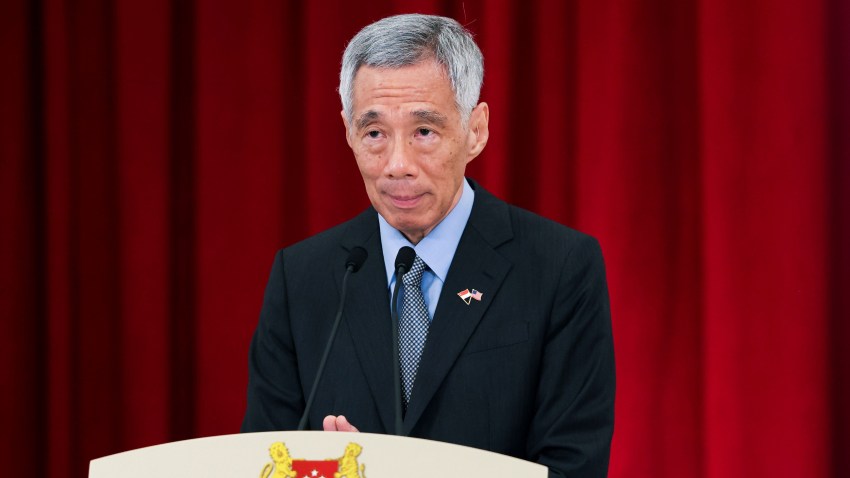Since Singapore’s independence in 1965, the People’s Action Party, or PAP, has dominated Singaporean politics. Co-founded by the late Lee Kuan Yew—Singapore’s founding father and longtime elder statesman—and currently led by his son, Prime Minister Lee Hsien Loong, the PAP has won every election the country has held, albeit in a political environment Freedom House calls “partly free.”
Yet despite what experts like Freedom House call a restricted electoral environment, the PAP long has enjoyed genuine and significant popular legitimacy for its tremendous accomplishments in developing Singapore into a global financial hub and respected voice in regional affairs. It also won plaudits for creating a national social contract that emphasized meritocracy, a forward-thinking bureaucracy and the rule of law, underpinned by a sense of fairness in society, at least outside of politics, as Freedom House has noted. To be fair, there has always been significant income inequality between ethnic Chinese, Malays and Indians. Nevertheless, that sense of fairness and meritocracy permeated the island-state.
In addition, the PAP delivered consistently high economic growth, shepherding Singapore through various stages of development and moving the city-state up the value-added chain. Meanwhile, the PAP attracted some of the brightest minds and most capable people on the island and gave them room to think independently within the bureaucracy and government. The party then used that talent to dominate the few weak and tiny opposition parties come election time.

